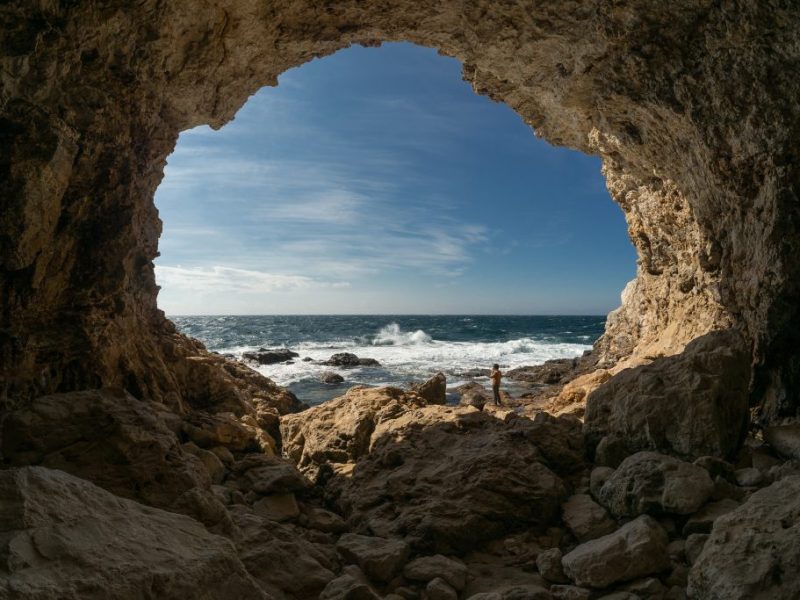
Your weekly photo from the world’s free media repository: 26 July
This rock grotto is three kilometers south of the village of Olenevka, located on Crimea’s Tarkhankut Peninsula. The photographer uploaded it as part of Wiki Loves Earth 2017, a photo contest which aims to document the world’s natural heritage for future generations. Over 130,000 images were uploaded during the contest, a total which was winnowed….

Your weekly photo from the world’s free media repository: 19 July
The original Beetle, constructed by the German automaker Volkswagen, was in production from 1938 until 2003. Convertible Beetles were usually nicer than their roofed counterparts. According to Wikipedia, the Beetle convertible was “generally more lavishly equipped than the sedan with dual rear ashtrays, twin map pockets, a visor vanity mirror on the passenger side, rear….
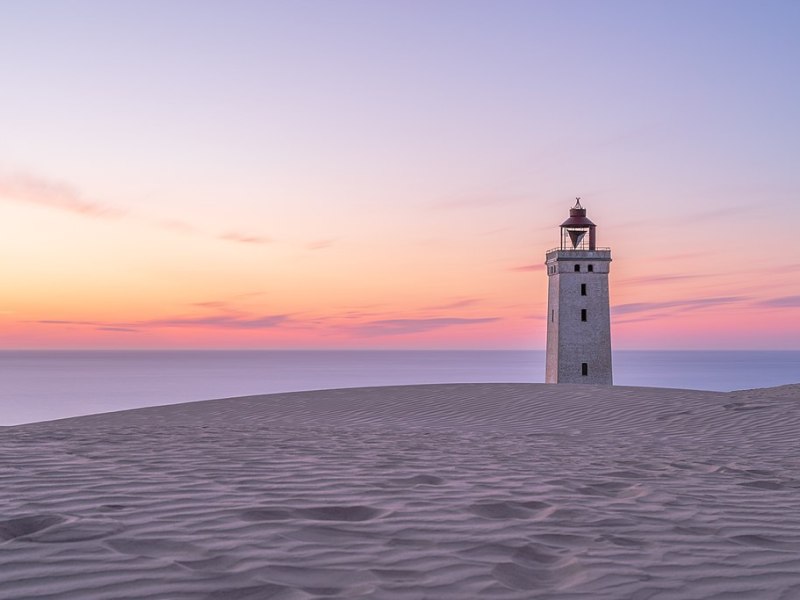
Your weekly photo from the world’s free media repository: 12 July
The Rubjerg Knude Lighthouse is located in Hjørring, Jutland, Denmark, on the North Sea. Construction on it began in 1899; it was lit for the first time in 1900 and its light was extinguished for the final time in 1968. Today, the lighthouse is threatened by heavy coastal erosion in the area, which are bringing….
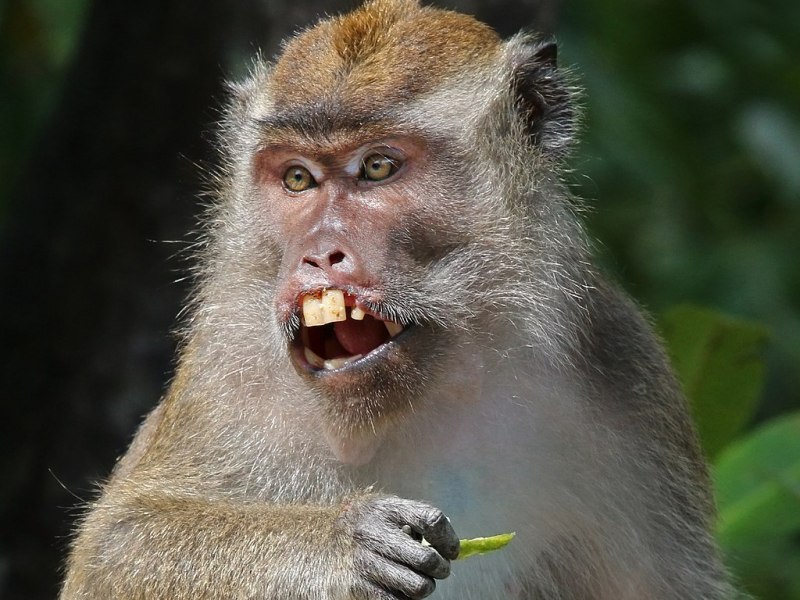
Your weekly photo from the world’s free photo repository: 5 July
A long-tailed macaque (Macaca fascicularis) in Labuk Bay, Sabah, Borneo, Malaysia. According to Wikipedia, the long-tailed macaque is native to Southeast Asia. Its social groups are controlled by females, and any male children depart after undergoing puberty. While this macaque “has a long history alongside humans[,] they have been alternately seen as agricultural pests, sacred….
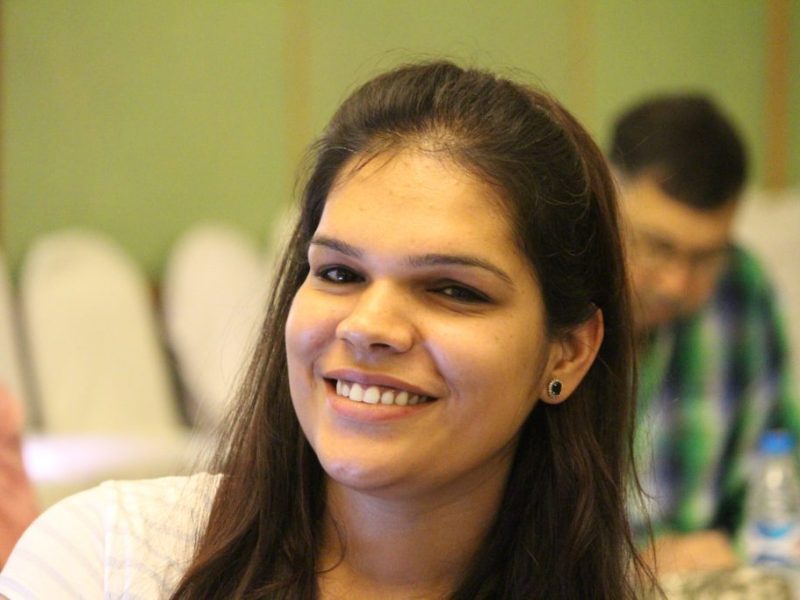
This forensic scientist wrote her discipline into Wikipedia. Now, she’s training others to do the same.
Five years ago, Manavpreet Kaur administered several tests for entry-level forensics diploma students at Punjabi University, located in Patiala, Punjab, India. From her vantage point, Kaur—who had recently completed a Ph.D. in forensic science—quickly realized that not all of the students were comfortable with the course being taught exclusively in English. She searched for Punjabi-language….
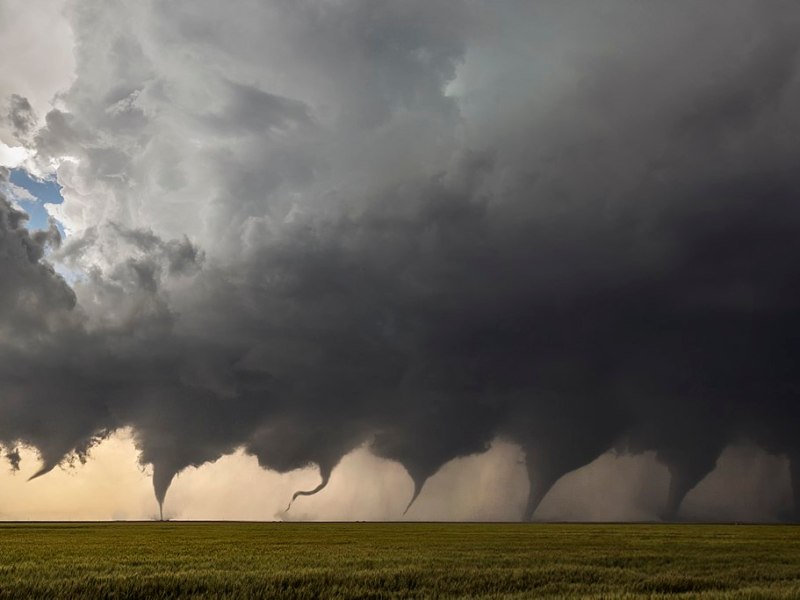
A picture of the year so unbelievable, it has its own Snopes entry
Wikimedia Commons, the repository for educational media content that hosts most of the images used on Wikipedia, has announced its photo of the year.* Nearly 3,500 people chose between 57 images in the final round of the competition. Jason Weingart’s Evolution—a composite timelapse showing the development and frightening expansion of a tornado—took the top prize.….
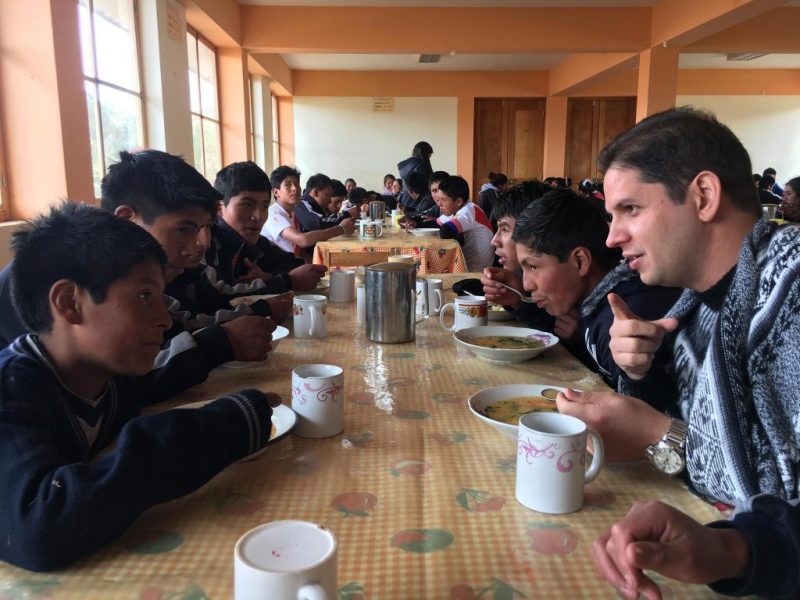
To bridge Peru’s digital divide, these researchers are taking Wikipedia offline
For many years, the Wikimedia Foundation’s vision statement has asked us to imagine how the world would be changed if every single person on Earth had access to the “sum of all knowledge”—but because Wikipedia is a web project, only those with internet access could reach that knowledge. That’s left billions behind. Anne Nelson, who….

Wikipedia’s most-popular articles of 2018 show that pop culture rules over us all
People visited Wikipedia over 190 billion times in 2018 alone, many motivated by the encyclopedia’s wealth of in-depth articles about topics you didn’t know enough about. But in looking at the English Wikipedia’s most-popular articles of 2018, it’s clear that one motivation reigned supreme. People wanted to keep up with the popular culture moments happening….
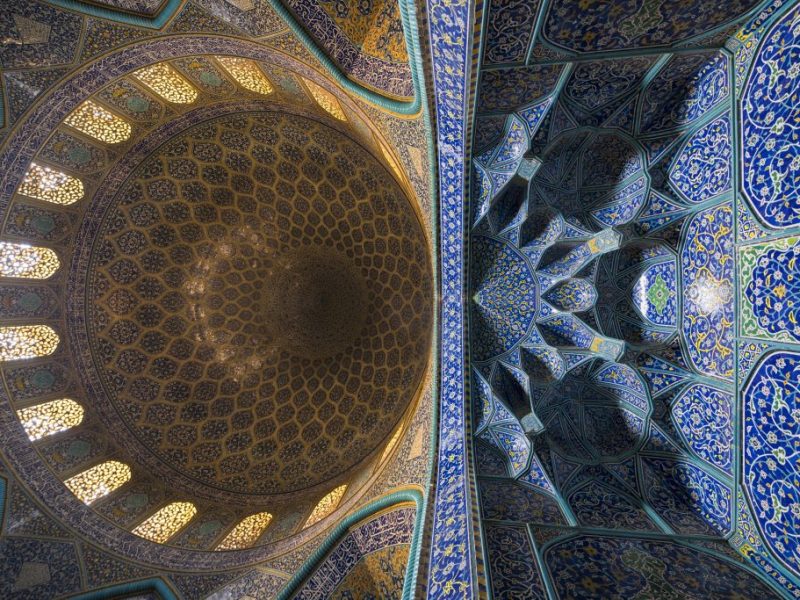
Presenting the 2018 winners from the world’s largest photo contest
Alireza Akhlaghi had plenty of time inside the famed Sheikh Lotfollah Mosque in Iran to capture the photo that leads this blog post. Why? He walked in at exactly noon, just as the building was about to close down for two hours. He was able to convince the mosque’s guards to let him inside anyway, even though….
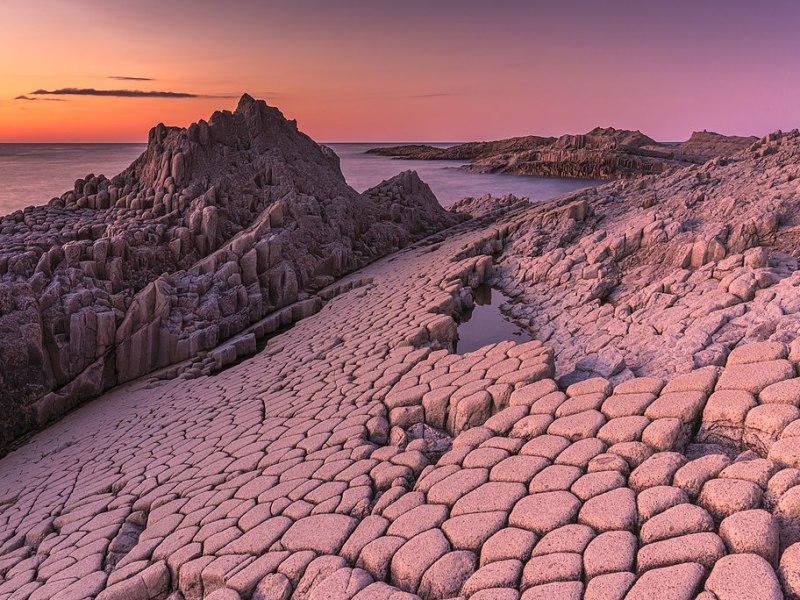
Lose yourself in our planet’s beauty with the winners of Wiki Loves Earth
A lonely monastery. The sun rising over the desert. A walk through a national park. These are just a few of the spectacular sights captured in the winners of the international Wiki Loves Earth photography competition, announced today. Coming in first place, seen at top, is a shot of the famed columnar basalt of Cape Stolbchaty, located in Russia’s….